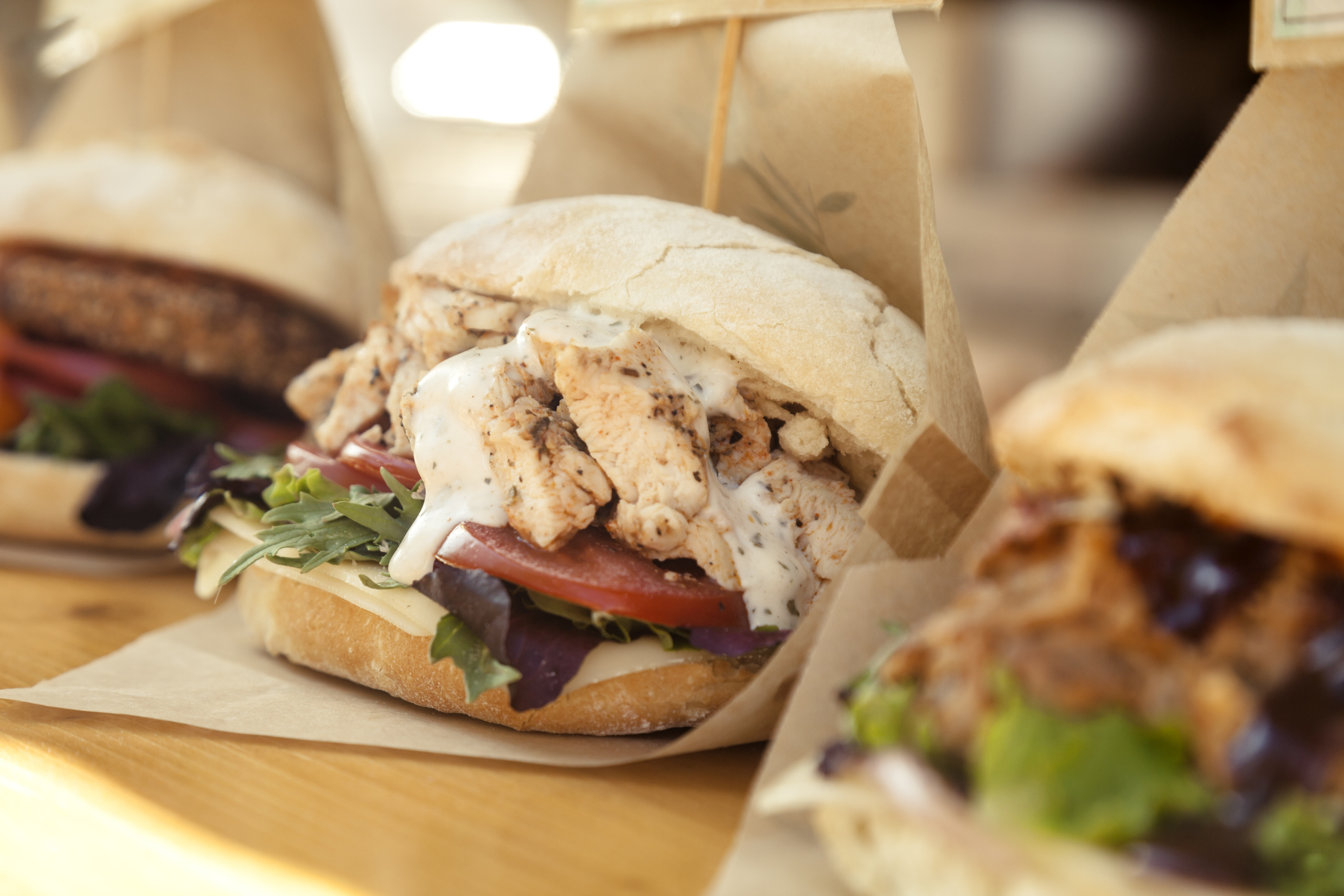Kellogg’s takes Government to court over incoming HFSS rules

Breakfast cereal producer Kellogg’s is pursuing legal action against the UK Government over its upcoming HFSS legislation.
The new rules, which are set to be introduced from October, will prevent some of Kellogg’s breakfast cereals being prominently displayed in stores because of their high sugar content as part of the Government’s bid to tackle the obesity epidemic in the UK.
Rearranging supermarket shelves is one of several elements of the incoming legislation. Also included is a pre-watershed advertising ban for HFSS products, and a ban on promotional pricing.
Kellogg’s takes issue with this, saying the legislation fails to take into account the nutritional value of milk or yoghurt, which independent market data shows is added to cereal in 92% of all cases.
In their dry form, many Kellogg’s favourites like Fruit and Fibre and Crunchy Nut Corn Flakes are considered HFSS foods as per the calculations the Government has set forward for the implementation of the new rules.
However, the company says adding milk impacts the overall nutritional value of the food product by reducing the proportion of sugar and salt relative to the weight of the serving.
Kellogg’s said in a statement it has “tried to have reasonable conversations with Government” to encourage them to consider their products alongside milk. This has so far been unsuccessful.
Chris Silcock, Kellogg’s UK Managing Director, added: “We believe the formula being used by the government to measure the nutritional value of breakfast cereals is wrong and not implemented legally. It measures cereals dry when they are almost always eaten with milk.
“All of this matters because, unless you take account of the nutritional elements added when cereal is eaten with milk, the full nutritional value of the meal is not measured.”
However some campaign groups and figures have come out in support of the Government.
Caroline Cerny, Alliance Lead at Obesity Health Alliance, told the BBC: “This is a blatant attempt by a multinational food company to wriggle out of vital new regulations that will limit their ability to profit from marketing their unhealthy products.
“It’s shocking that a company like Kellogg’s would sue the government over its plans to help people be healthier rather than investing in removing sugar from their cereals.”
Meanwhile Cambridge scientist, broadcaster and obesity expert Dr Giles Yeo pointed out the specificity of the dispute on Twitter, saying: “This is quite the argument from Kellogg’s, that proportion of sugar in cereal should be calculated after the addition of milk. Jam is mostly eaten on toast, should the sugar content of jam only be considered in context with toast?”
Dr Yeo previously appeared on a Food Matters Live Podcast episode produced in partnership with Kellogg’s Europe’s Wellbeing Team. The podcast sought to highlight how brands can encourage the adoption of a more sustainable diet through plant-based foods.
Responding to the court challenge, a Department of Health and Social Care spokesperson told the BBC: “Breakfast cereals contribute 7% – a significant amount – to the average daily free sugar intakes of children.
“Restricting the promotion and advertising of less healthy foods is an important part of the cross-government strategy to halve childhood obesity by 2030, prevent harmful diseases and improve healthy life expectancy, so we can continue to level up health across the nation.”
A hearing on the issue will begin later today (27.04.2022) at the Royal Courts of Justice in London.








